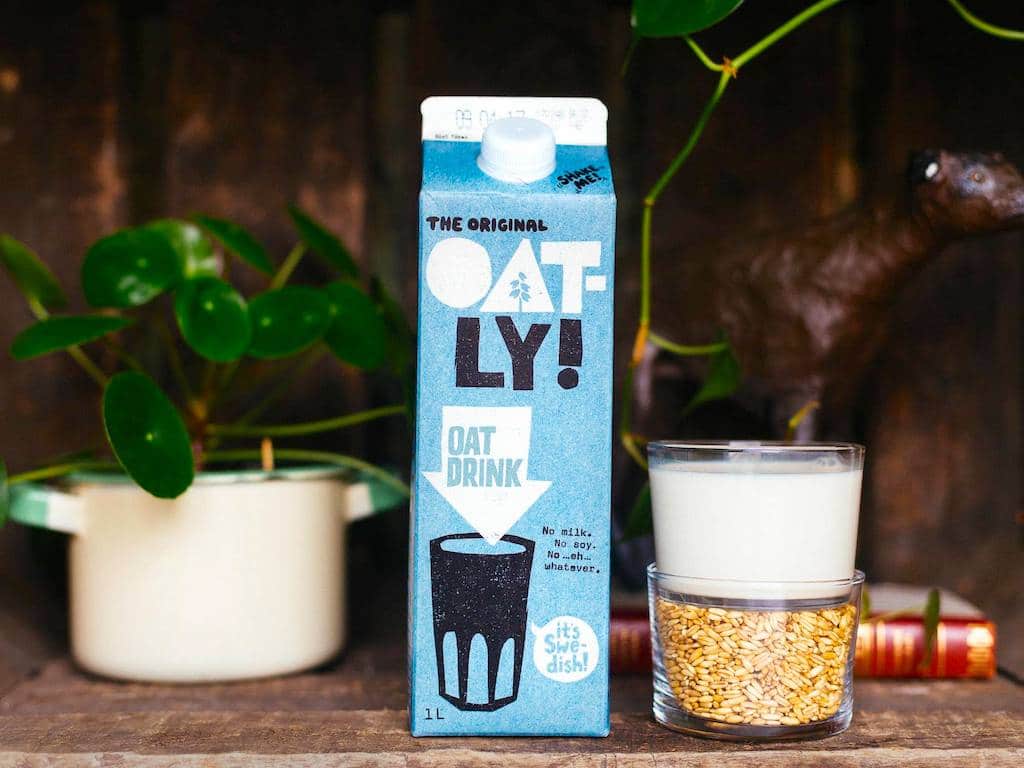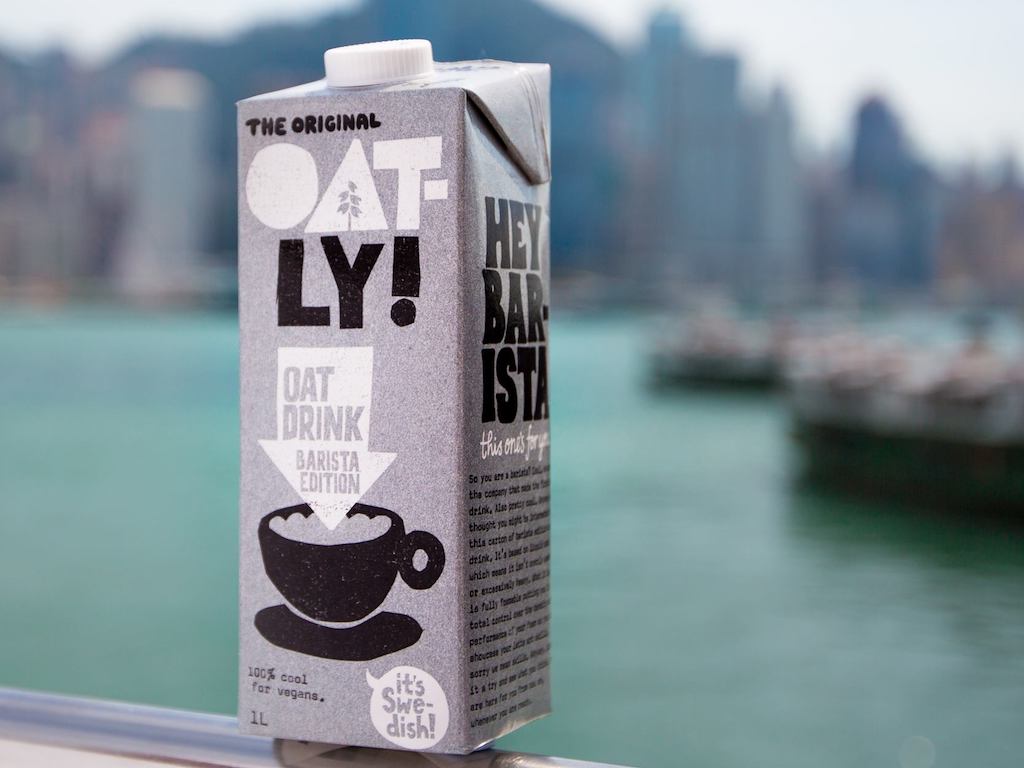3 Mins Read
Swedish oat milk giant Oatly has indicated it could be seeking a public listing in Hong Kong, shortly after registering its planned IPO on the Nasdaq stock exchange with the U.S. Securities and Exchange Commission (SEC). The Blackstone-backed company says it will pursue a Hong Kong listing in the case of any “material adverse effect” on its relationship with state-owned Chinese conglomerate China Resources.
Oatly could be planning an IPO on the Hong Kong Stock Exchange (HKEX) as an “additional listing” in the event of any “material adverse effect” due to its relationship with China Resources, the firm said in a prospectus filed on Monday (April 19). The Swedish oat milk maker made official its intentions to go public in the U.S. in February, submitting its plans to regulators but releasing few details on the terms of the planned sale.
Though the firm has not disclosed the amount it is raising for its U.S. IPO, reports say the figure is likely to amount to as much as US$10 billion – a valuation that fellow plant-based food tech giant Impossible Foods is also reportedly aiming for as it mulls its own IPO.

Alongside Verlinvest, the investment arm of the family behind brewing giant AB InBev, the Chinese state-owned China Resources is one of Oatly’s largest shareholders. Both firms backed Oatly in 2016 through a 50-50 joint venture that makes up 60% of the company’s ownership.
After the upcoming IPO, China Resources and Verlinvest will have the right to appoint three directors to the board of directors if each of their respective shareholdings remain above 15% – meaning their combined stake stays at 30% or more.
Having the Chinese conglomerate as a major backer will no doubt propel Oatly’s Asia-focused global expansion – especially as it eyes the lucrative business opportunity to be made in China, the world’s second largest economy, where the brand already bagged a nationwide partnership with Starbucks across 4,700 stores and has a firm hold in e-commerce channels, with online sales account for 21% of its total revenue from the country.
While there are perks for Oatly’s China and Asia strategy, it could pose issues if U.S. authorities decide to crack down on Chinese-owned firms.
If such “material adverse effect” occurs, Oatly would therefore be pushed to seek a Hong Kong listing. In the prospectus, the company stated: “Upon a written request by China Resources or its affiliates holding or beneficially owning our ordinary shares, we shall promptly seek an additional listing on the Hong Kong Stock Exchange.”

Oatly is keen to preserve the foothold it is gaining in Asia, with its sales quadrupling in the region to US$54 million last year. To double down further, it has recently partnered with Singapore beverage giant Yeo’s to begin producing the brand’s oat milk outside of the U.S. and Europe for the first time, in order to supply the Chinese market by mid-2021.
After the first batch goes to China, the Oatly-Yeo’s manufacturing facility will then supply the rest of the Asian market to meet surging consumer demand. Oatly is currently sold in more than 20 countries, landing in Singapore for the first time in late 2020, following coffee giant Starbucks’ decision to partner with the brand to launch new plant-based options in eight Asian markets.
Globally, Oatly’s sales across the U.K., U.S., Europe and Australia in total has grown triple-digits for three consecutive years, and according to their prospectus, is expected to reach global revenues of over US$420 million in 2020.
All images courtesy of Oatly.




